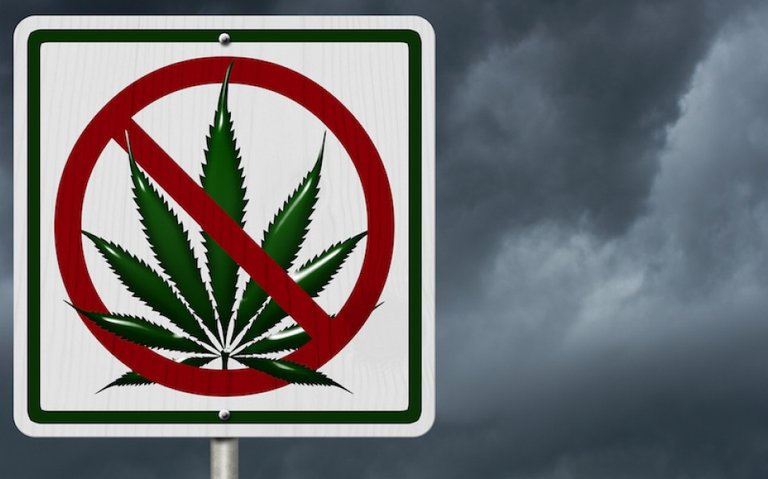
It’s no secret that the cannabis industry has been under much scrutiny for many years. While more people seem to be taking to cannabis and all the good that it can do, there is still a lot of information out there that tends to push people away. One of the bigger drawbacks occurred a few years ago, when a study that was published in the academic journal Cannabis and Cannabinoid Research, portrayed orally-administered CBD oil in a very bad light. One of the biggest benefits of cannabis-derived CBD is that along with its many health benefits, it doesn’t produce a high, as does THC.
However, this article suggested that when taken orally, CBD is actually turned into psychoactive THC due to the digestive processes in the stomach. And at a pretty alarming rate. In fact, the study presented some quite clear-cut data to back it up. As you might imagine, this news was quite a shock to both medical marijuana users and the cannabis industry, since the primary benefit of CBD is suppose to be that it is non-psychoactive.
Something didn’t quite add up and so experts in the field decided to do a double-take on the study. I’m sure you can just about guess what they found.
It turns out Zynerba Pharmaceuticals was the company that originally produced these results. You may be wondering why this matters? Well, this is the brand who, at the time of the investigation, were developing a transdermal (through the skin) CBD patch. Talk about a conflict of interest.
In essence, orally-administered CBD oils and transdermal CBD patches are vastly different from one another. In terms of the transdermal patch, the CBD won’t need to travel through the stomach because it is absorbed by the skin, directly into the blood. Publishing a study showing how CBD transformed into THC in the stomach, was a strategic move by Zynerba Pharmaceuticals to promote their CBD patch. It’s common knowledge that the public would turn against a “non-psychoactive” oil that was said to get them high once ingested.
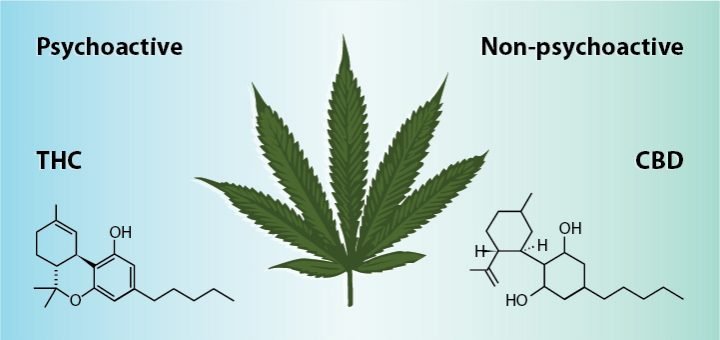
Another important fact is that the information used in the initial study was about 50 years old. Back in 1968, a well-known Israel cannabis scientist observed that when CBD was mixed with highly acidic solution, it had the tendency to morph into THC. This is where the assumption came from, that because of the acidity in our stomach, the same chemical reaction would take place.
It’s important to note that we are most certainly not implying that the results published in the journal were fabricated. In fact, small amounts of active CBD compound do turn into THC during the digestive process. But, the trace amounts that are produced are so minimal that they are almost immediately excreted as urine. In other words, they will have absolutely no psychoactive effects on the body.
The sad truth is that this is only one example of marijuana being so highly misrepresented within the cannabis industry. False information such as this study are published about marijuana on an almost daily basis. The weed business is so largely unregulated that it has become so easy to mislead the general population into believing ‘studies’ that are purposely done to turn them against marijuana. Our purpose with this article is to help guide you in distinguishing between the good information and the bad and we will also cover a few other shocking examples as we progress.
The US Government Feeding Lies
Shocking to some, but most certainly not everyone is that businesses aren’t the only one’s misleading the general public. The U.S. Government is one of the biggest and most obvious examples of a ‘powerhouse’ that is manipulating the use of cannabis. Whether deliberate or not, we can’t be sure but what we do know is that they hold a patent on CBD whereby they control its use for various medical conditions.
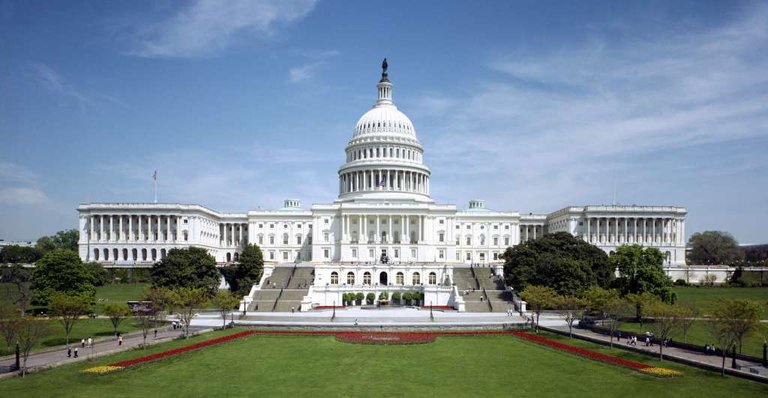
Although marijuana is allowed in several states, including Washington DC, it is still strictly prohibited by the federal government. Under the scheduling system, marijuana is classed as a schedule 1 drug, meaning that it is thought to have no medical value and a high potential for abuse. In reality, we know that this couldn’t be further from the truth. Thousands of studies have been done over the years which have proven the array of medical uses of weed, not to mention the clinical trials that have shown that CBD has practically no addictive tendencies.
One of the biggest wins for the cannabis industry occurred in the fall of 2017, when the World Health Organization (WHO) addressed governments worldwide by issuing statements that declared CBD to be a safe and well-tolerated substance and event confirmed that there are no adverse public health effects associated with it. They went onto declare that CBD is a 100% natural cannabis compound with many health benefits and stated that it is “not associated with abuse potential, does not induce physical dependence, [and] is generally well tolerated with a good safety profile.”
I think we can all agree that for the government to define cannabis as a schedule 1 drug with no health benefits, even after the World Health Organization has confirmed the exact opposite, this is a prime example of false information. In fact, it’s common knowledge that U.S. Attorney General, Jeff Session’s recent attack on the cannabis industry regarding the legalization of marijuana, is based on information that is misleading, unreliable, inaccurate and “cherry picked” to suit his views.
Session’s has gathered information from the High Intensity Drug Trafficking Areas (HIDTA) to use against legalized states like Colorado and Washington. He claims that the legalization of marijuana has devastated economies. An article was even published in U.S. today under the title “Marijuana Devastated Colorado, Don’t Legalize it Nationally.”
Thankfully, representatives in the states have jumped in to debunk “garbage reports” and clarify things. Washington Governor Jay Inslee was one of the high-profile figures that issued a public statement calling the information inaccurate and “unreliable. He issued the following statement; “It is clear that our goals regarding health and safety are in step with the goals [that] Attorney General Sessions has articulated. Unfortunately, he is referring to incomplete and unreliable data that does not provide the most accurate snapshot of our efforts since the marketplace opened in 2014.”
All of this misinformation flying around begs the question, if you can’t even trust your government to produce reliable and trustworthy information, who can you trust?
False Information also Presents a Major Conundrum To Investors and Businesses
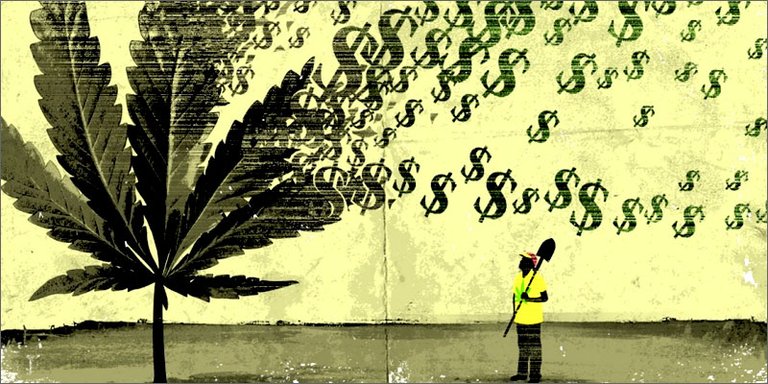
The controversy and legal confusion that surrounds the cannabis industry makes it exceptionally difficult for both businesses and investors to make any sort of progress in an industry that has the potential to be extremely lucrative. Not to mention the discrepancies between federal and state laws.
For example, the CEO of Solis Tek, which is a lighting company currently in the middle of the cannabis boom, has said that practically no one in the cannabis industry even has a clear understanding of what is legal and what is not. He stated that misinformation can come from a number of sources, especially if you don’t operate in the industry space. He went on to state that businesses in many states often transact before final laws have even been written or implemented. This combined with state-by-state laws and federal regulations, only adds to the confusion and uncertainty surrounding cannabis and its legalities.
He also pointed out that it can be exceptionally difficult even for those investors and business owners who want to follow state and federal regulations because information could be inaccurate or even temporarily correct and then changed. Ultimately, he is saying that the laws and misinformation surrounding the cannabis industry, makes it very difficult for anyone to try act in due diligence and in a way that would satisfy the law.
Some People Believe Misinformation is Rampant in Third Party Lab Testing
Third party lab testing is another one of the other ways in which misinformation is believed to be so toxic. This is a method in which cannabis product manufacturers show the public that their products are “legitimate”, in an unbiased way.
For example, Many CBD Oil manufacturers will send samples of their products to unbiased and supposedly unaffiliated third-party laboratories to test. We say supposedly because there is often no way of proving this. The idea is that these third-party laboratories then prove that the products do in fact contain what they are said to contain. Complex chemical analysis methods, which include convergence chromatography are used by the labs to test products and then produce a report that proves the presence and concentration of CBD and other cannabinoids in the sample. This report is then given to the manufacturer, which allows them to stamp it onto their products, giving the extra legitimacy and authenticity that customers seek.
Now, technically speaking, this theory is great on paper. I mean, a third party tests a sample and confirms that everything is legit, which means that it must be, right? In reality though, this process opens up a lot of space for abuse. Think about it, a company could very easily send over a completely legitimate sample, have it approved by the third-party lab and then use completely different ingredients for the actual products that they put on the market and add the “lab-tested” stamp. Yes, they could actually bottle up snake oil and sell it to you as CBD Oil, with the “lab-tested” stamp having you believe that it is legit.
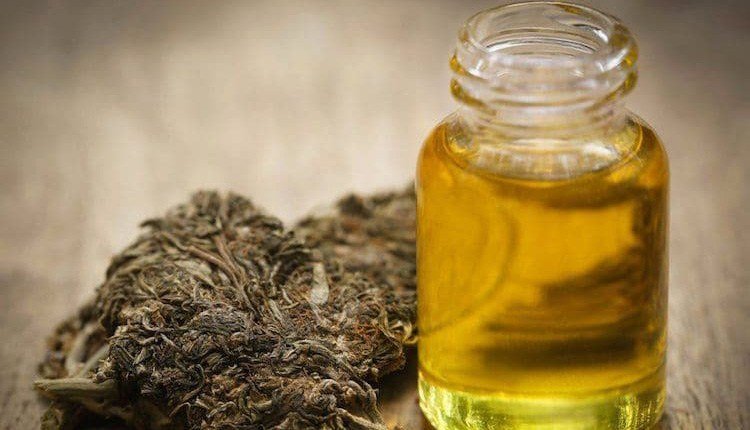
Unfortunately, because the cannabis industry is so unregulated, this is a sneaky technique that is likely used a lot more often than many people realise. Over the last few years, the federal government has found and even issued warning letters to companies who were advertising and selling products that had been inaccurately labeled and bought by customers who were none the wiser. In fact, randomized tests were done which found that products labeled “pure CBD Oil”, actually contained little to no CBD at all.
This makes the process of buying cannabis products for the everyday person very difficult and even daunting. Always do your research and look into the brand that you are buying. Are they reputable, reliable and trusted? The kind of feedback previous customers have given? Don’t just buy the first brand you come across. To make sure you get what you paying for, you must always keep your wits about you.
What You Can do to Stay in Control of Your News Sources
These days it’s very difficult to know what you can and can’t believe on the internet. There’s no doubt that “fake news” is a real thing. Always make sure you refer to reliable news outlets and not some random site that has no history or credentials.
Always look at the source of the information, such as the study or report that was done. Was it conducted by a legitimate organisation. News outlets like Project CBD, The Denver Post and World Health Organization are all legitimate sources of information and can generally be trusted. Legitimate news outlets and websites will always have valid links to their claims or they will reference trusted news reports. If neither of the above is done, there is no point looking any further into what you read online. The internet has opened up a huge platform for people with ulterior motives to spread all sorts of nonsense online, so always keep in mind that not everything you read is true.
SOURCE
https://www.marijuanabreak.com/why-the-cannabis-industry-is-loaded-with-false-information-revealed/
https://www.projectcbd.org/gut-check-does-cbd-change-thc-stomach
https://www.ncbi.nlm.nih.gov/pmc/articles/PMC5510776/
http://www.who.int/medicines/access/controlled-substances/5.2_CBD.pdf
https://www.civilized.life/articles/leslie-bocskor-cannabis-industry-fake-news/
https://www.fda.gov/newsevents/publichealthfocus/ucm484109.htm
https://www.whitehouse.gov/ondcp/additional-links-resources/authorizations-language/
https://www.usatoday.com/story/opinion/2017/08/07/marijuana-devastated-colorado-dont-legalize-nationally-jeff-hunt-column/536010001/
Thank you for reading! Follow us and leave a comment with what topic you want covered in the next post!
Read more:
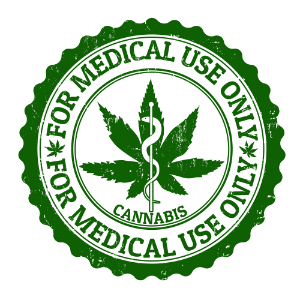
Great article! Good subject matter, well written and researched.
You are too correct about the issues in trusting our news sources today. Always need to verify the source before taking in any information.
Quick question though, you said that CBD oil can be transformed into THC when introduced to an acidic medium. How acidic? Say maybe lemon juice? And also how long would you need to let this mixture set before the Substance reached maximum potency?
Asking for a friend. Lol
Not entirely sure. Maybe one of these links might help you with that question:
https://www.ncbi.nlm.nih.gov/pmc/articles/PMC5510776/ http://www.bluelight.org/vb/archive/index.php/t-351514.html
Nice post
Thank you!
Very nice post.
Wonderful post ..thanks for sharing...Best of luck friend ✫
this is the best bot for steembottracker clik here https://steemit.com/bots/@hassanbenali/the-best-bot-for-service-how-to-create-steem-bot-tracker
Transfer 0.200 SBD or 0.250 steem to @mrbean1 and put the link of your post in the public memo you get 5 good UPVOT and resteem by @mrbean1 +followers
What a good knowledge of the issue. Yes third party testing is a joke. Oregon has testers that have allowed moldy weed to be sold. It's allowed pesticide levels that exceed standards. Oh Oregon had a drought and no one could pass the testing at first.
But recreational weed is a joke. 300 an ounce?
Once again,you churned out an awesome post.
Well said! 🙂
I'm seeing a lot of inconsistencies in quality and potency of product in both Licensed Producers (gov't sanctioned growers) and in the Dispensaries' stock (up here in Canada). That kind of manipulation of data is so misleading and it makes me think that the general public doesn't have a hope in hell of making a properly informed (safe) buying decision as we skip into legalization across the country, this year.
I’ve consumed a lot of CBD and hell no that it doesn’t get you stoned like thc! Very informative, i never heard about that study.
This post is resteemed and upvoted by @bestboom
This post has received a 2.08 % upvote from @booster thanks to: @medicalmarijuana.
Interesting read. I am not sure exactly where I stand on this issue.